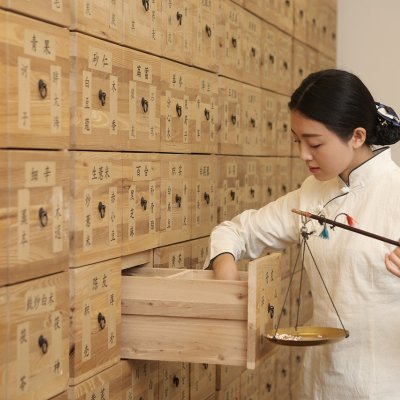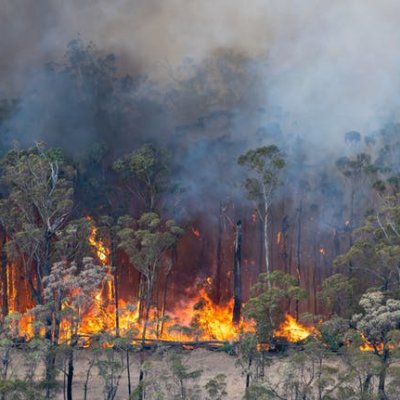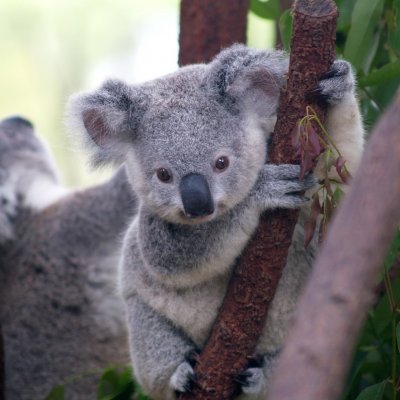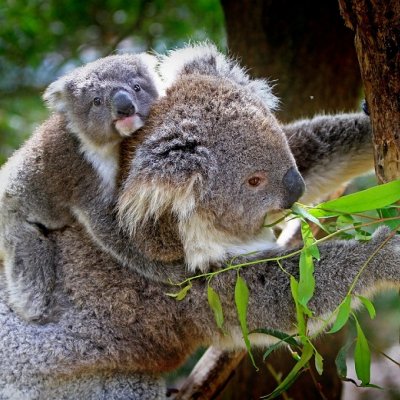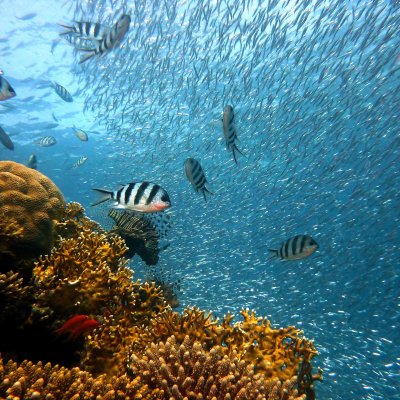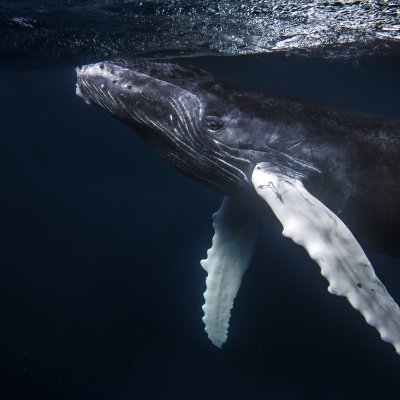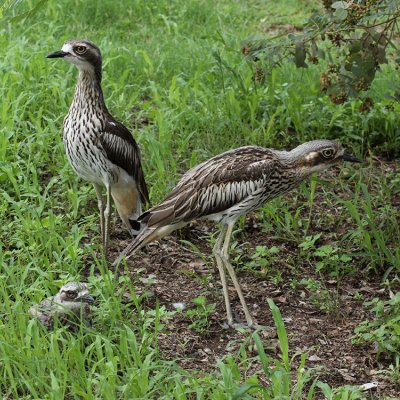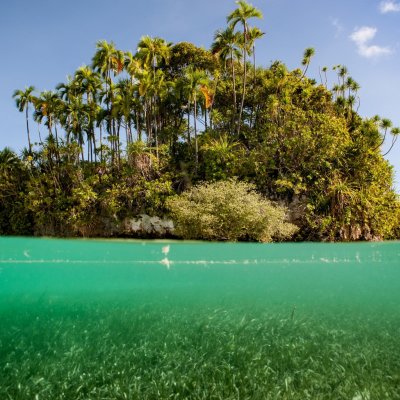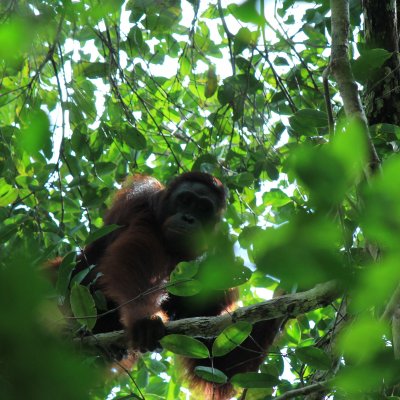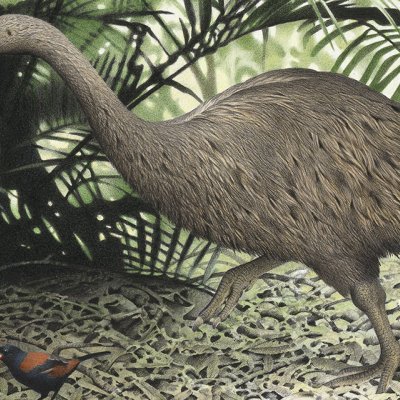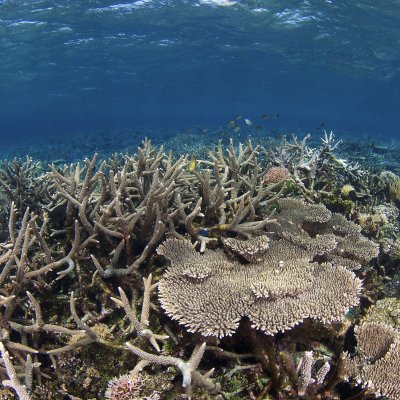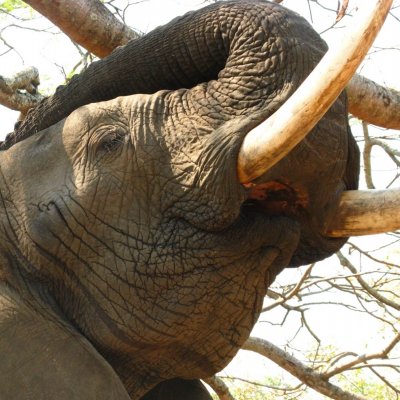A University of Queensland researcher supporting efforts to combat drug and alcohol use worldwide has been named the 2022 Queensland Young Tall Poppy of the Year.
30 August 2022A three-dimensional approach to marine conservation could help expand protected ocean areas by up to 30 per cent this decade, according to international researchers.
5 April 2022Demystifying traditional Chinese medicine for conservationists could be the key to better protecting endangered species like pangolins, tigers and rhino, according to University of Queensland-led researchers.
27 November 2020More than one billion mammals, birds, and reptiles across eastern Australia are estimated to have been affected by the current fire catastrophe.
20 January 2020The protection of Australia’s threatened species could be improved by a factor of seven, if more efficient ‘umbrella’ species were prioritised for protection, according to University of Queensland research.
7 January 2020New research reveals conservation initiatives often spread like disease, a fact which can help scientists and policymakers design programs more likely to be taken up.
14 October 2019Human activities have destroyed more than 7.7 million hectares of threatened species habitat, revealing critical failures with Australia’s federal environmental protection laws.
9 September 2019Protected marine areas are often in the wrong locations to stop threats to biodiversity, according to international research led by a University of Queensland team.
5 June 2019Twenty-seven University of Queensland researchers have been named in a prestigious 2018 Highly Cited Researchers List – with one featuring in two categories.
28 November 2018A new approach to tackle conservation decisions in 3D marine environments could lead to better conservation outcomes.
19 October 2018Many marine protected areas are often unnecessarily expensive and located in the wrong places, an international study has shown.
28 June 2018The University of Queensland has a range of experts available to talk to media in relation to World Environment Day on 5 June and World Oceans Day on 8 June.
1 June 2018Strategic delays in conservation efforts could be the key to protecting more species according to researchers at The University of Queensland.
12 September 2017Marine restoration, rather than protection, might be the most cost-effective solution for coastal marine ecosystems suffering from human activities, a new study has found.
7 September 2017Work by a trio of University of Queensland researchers and their teams to help save tropical habitats has prompted government policy changes in Malaysia, Indonesia and around the world.
21 March 2017Bringing back extinct species could lead to biodiversity loss rather than gain, according to work featuring University of Queensland researchers.
28 February 2017I refer to Fossil Fuel UQ’s briefing paper “Fossil Fuel Divestment and The University of Queensland” and attendance at the April and August Senate meetings.
7 October 2016Ahead of Australia’s bushfire season, a national conference starting tomorrow at The University of Queensland will bring together bushfire researchers with those at the front line.
27 September 2016A six-year collaboration between the Malaysian Government and University of Queensland researchers has resulted in the creation of the Malaysia’s biggest marine protected area.
21 June 2016Gathering evidence on the impact of Kenya’s record-breaking ivory burn on elephant conservation should be an urgent priority according to four University of Queensland scientists.
9 June 2016- 1 of 5
- next ›


